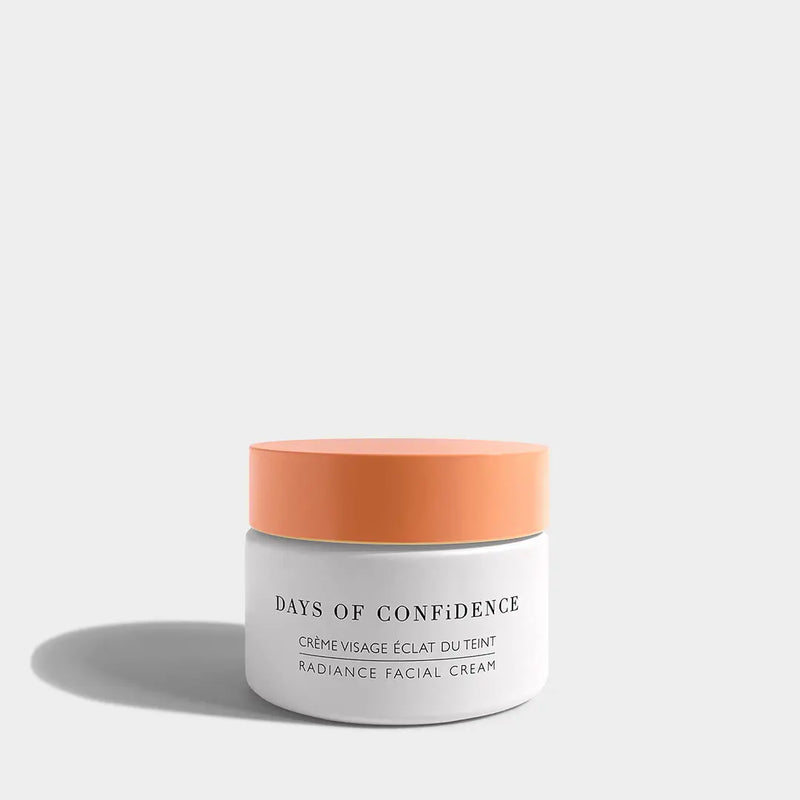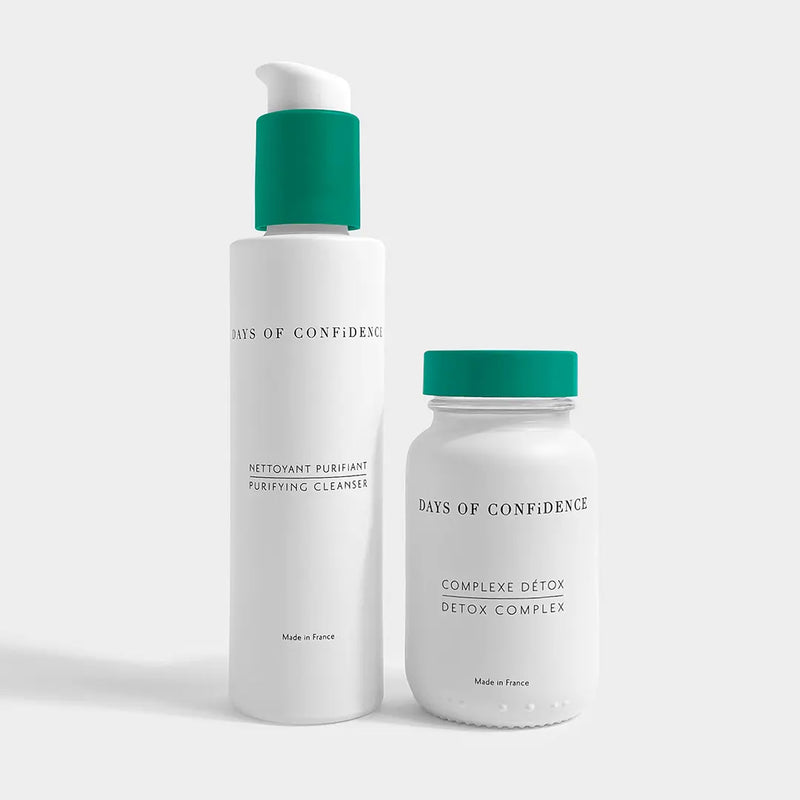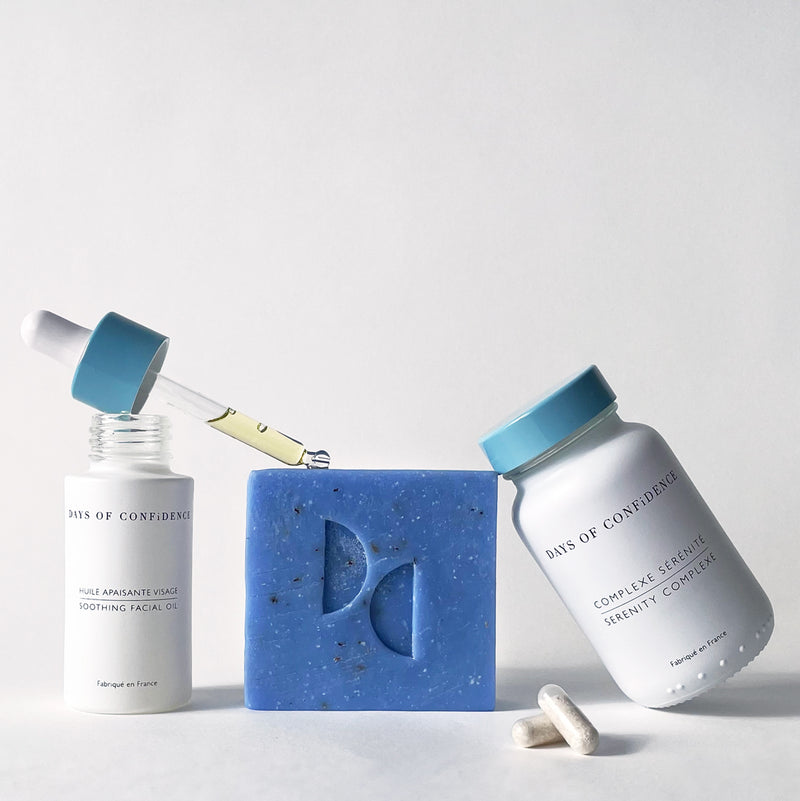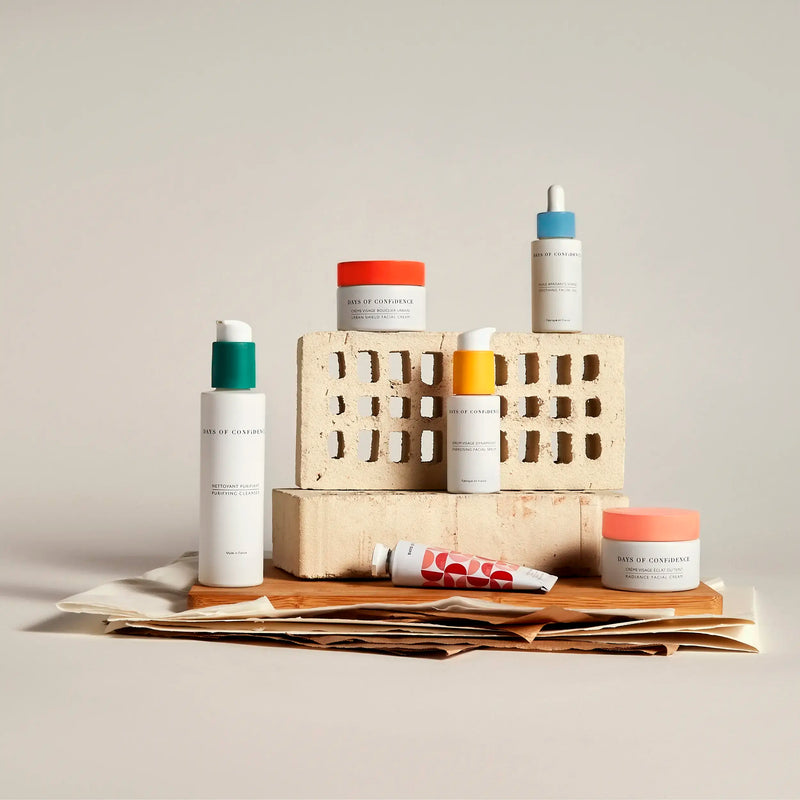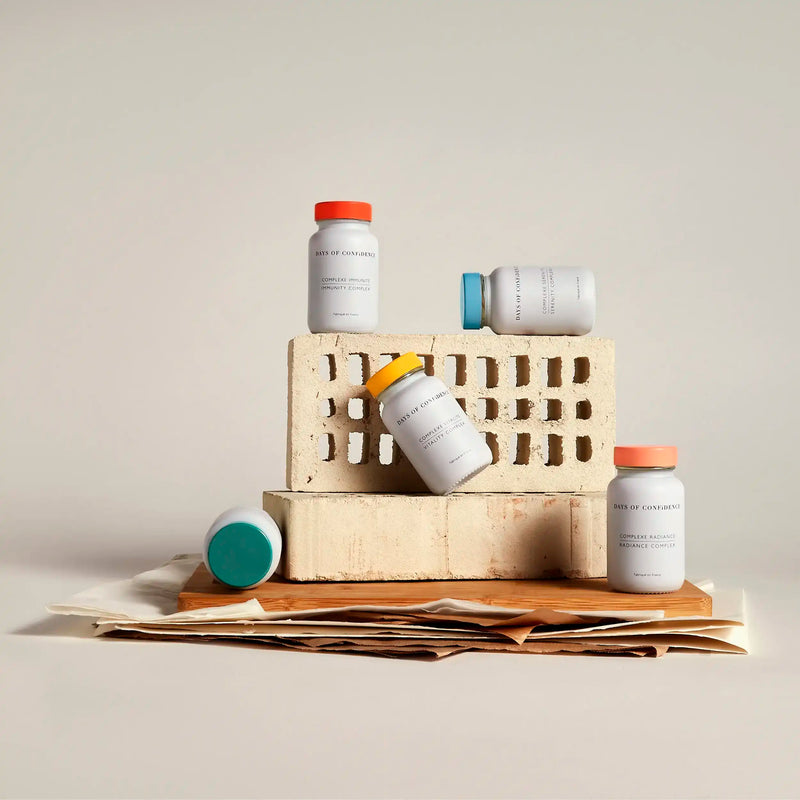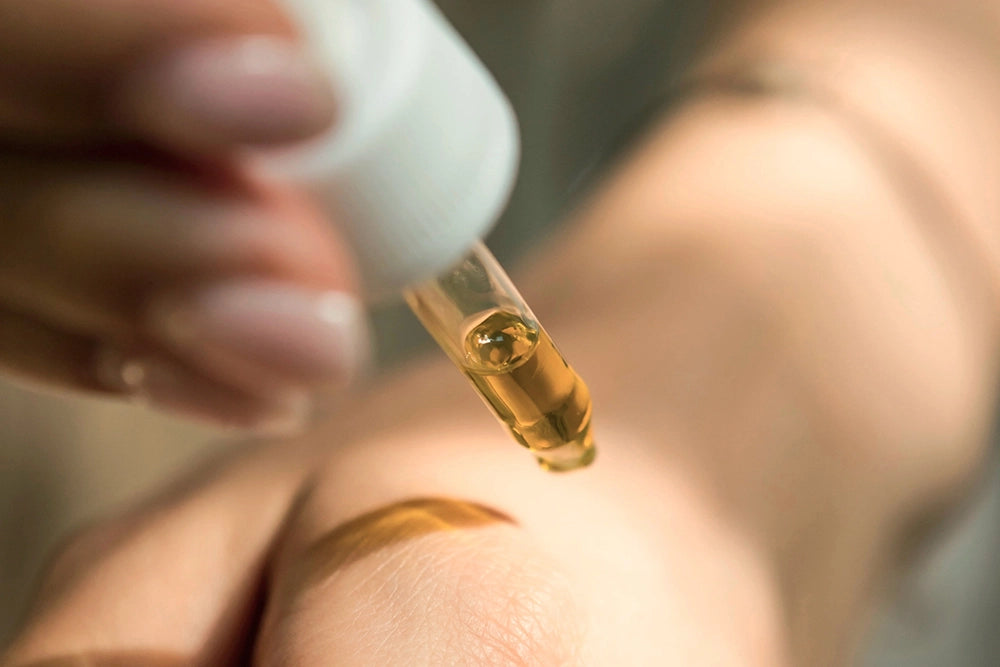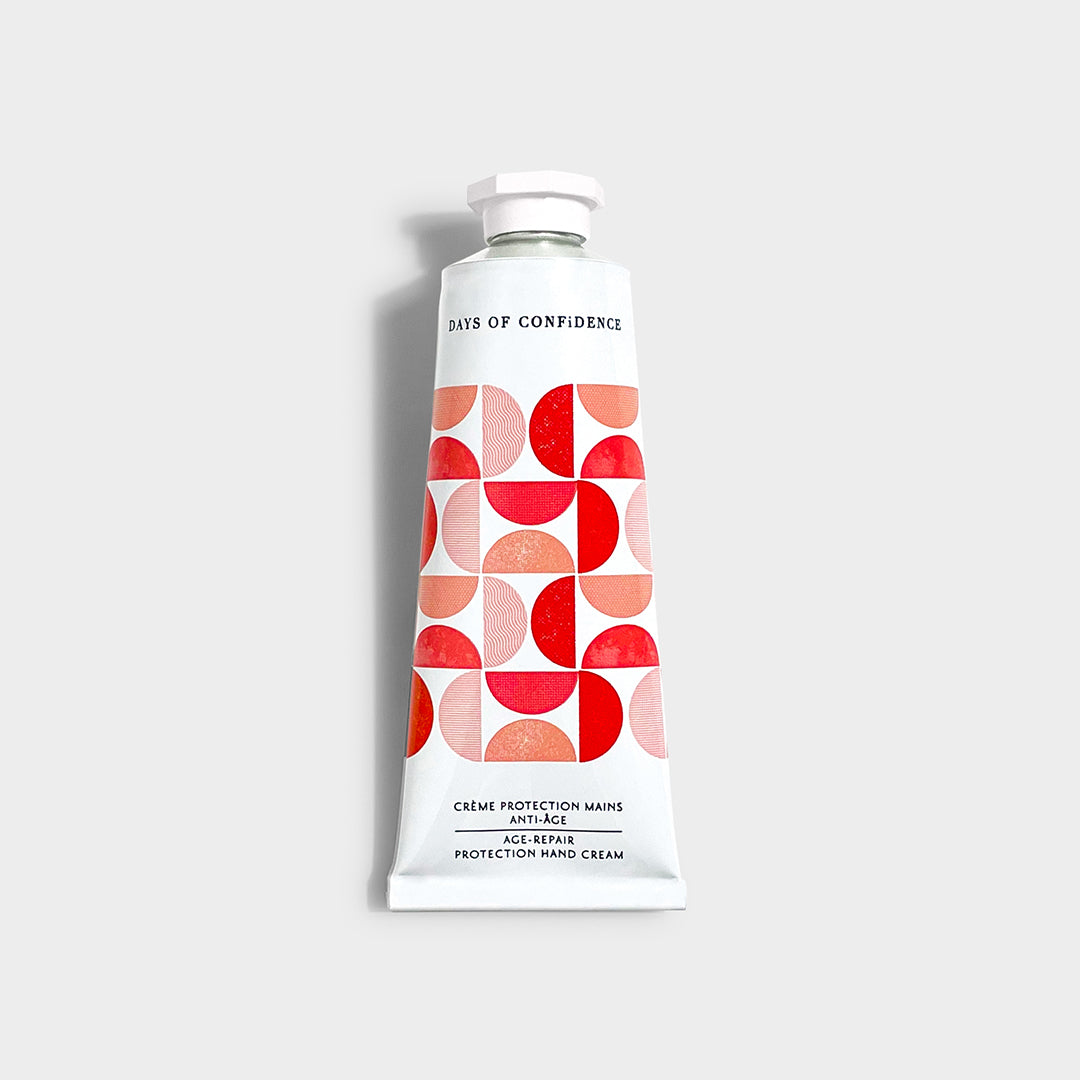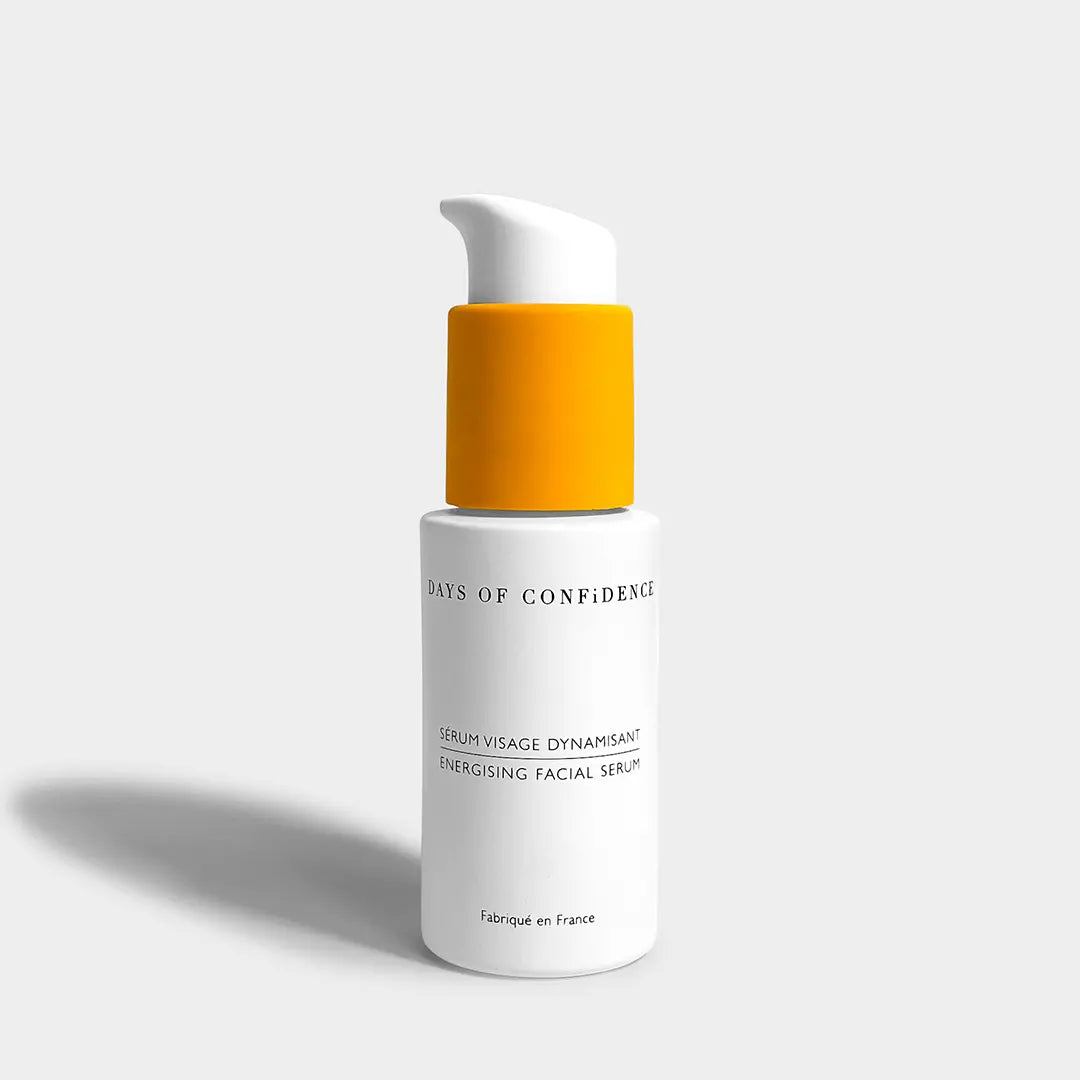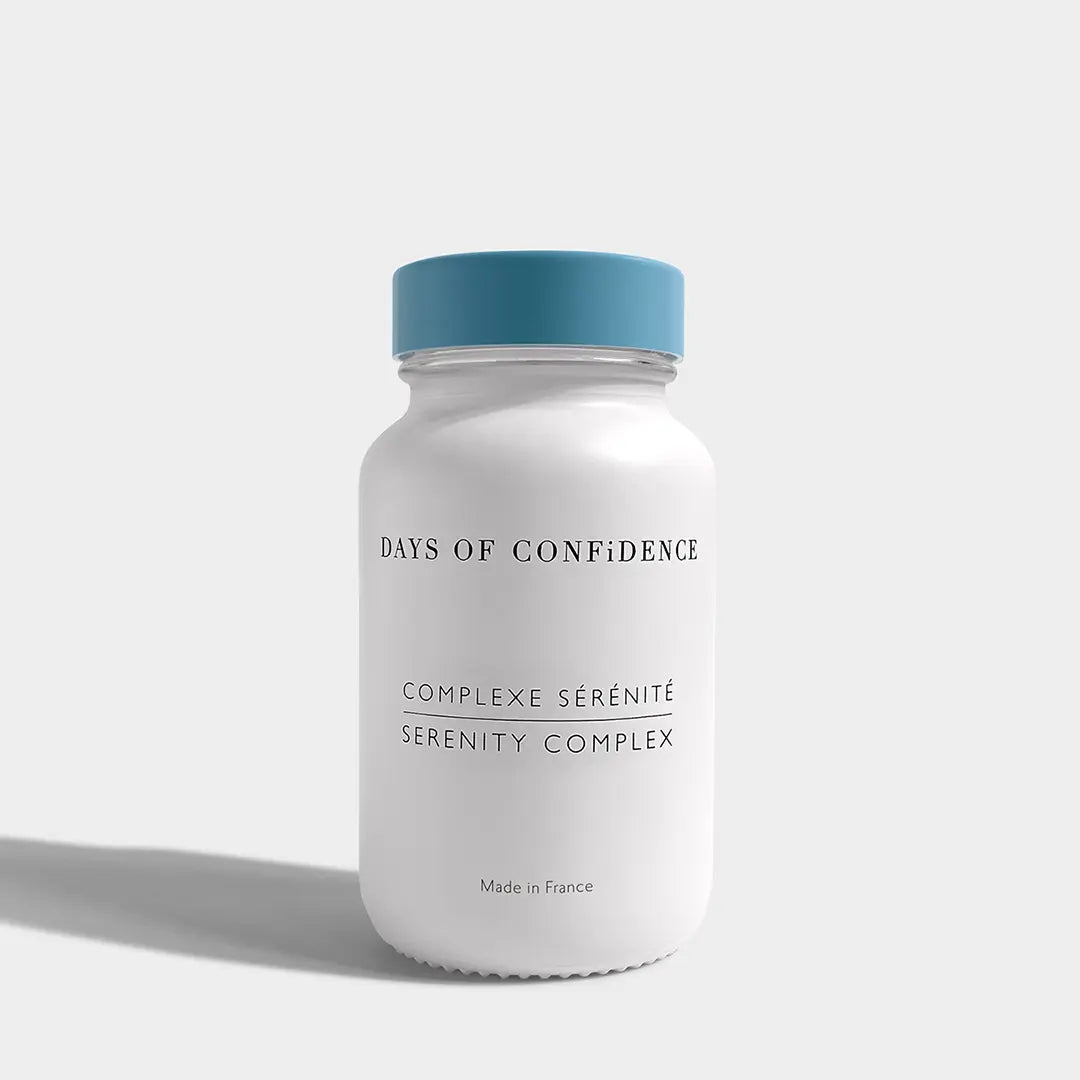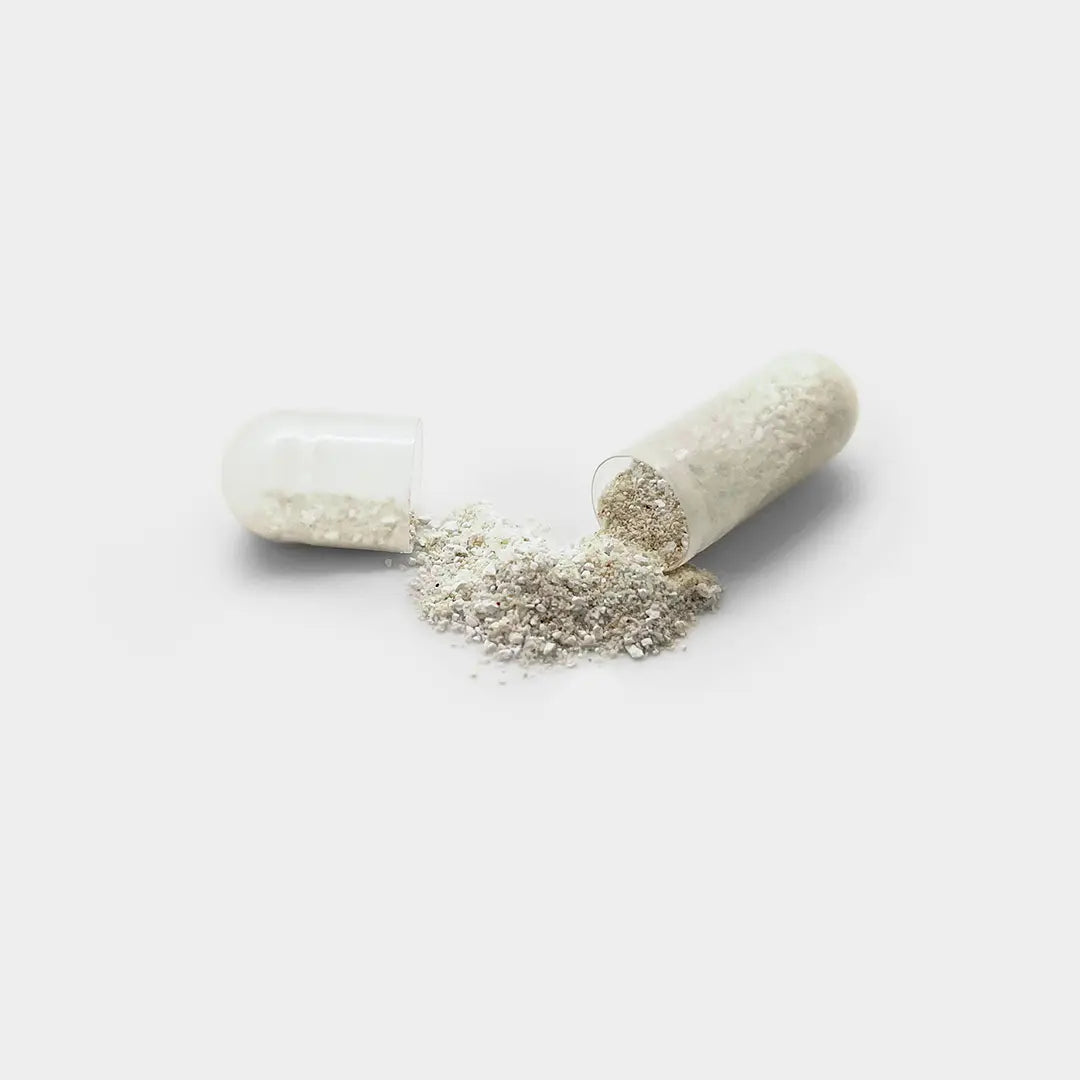In 5 years, the percentage of French people who buy organic hygiene and beauty products has doubled, from 20% in 2017 to 43% in 2022 (Kantar).
Taking advantage of this enthusiasm, more and more brands are investing in the clean cosmetics market. An adjective as vague as it is promising, which is intended above all to be reassuring and which claims a certain naturalness, real as suggested. However, it is difficult to distinguish the true from the false behind the multitude of more or less committed labels, slogans and logos...
In this context, we wondered what clean cosmetics had to hide. Does it really keep all its promises?
Zoom on a trend not as clean as it seems.
Clean cosmetics or the PURE syndrome

Let's start at the beginning: to date, there is no precise and framed definition of clean cosmetics. Sometimes natural, sometimes green, sometimes vegan, it's hard to understand what this increasingly overused expression really means. What seems to be a consensus is that a clean cosmetic or hygiene product would be safe for its consumer. In other words, it would be a product that does not contain any ingredient that is harmful to health or to the environment.
Clean cosmetics is therefore defined according to the ingredients it does not contain: paraben-free, fragrance-free, aluminum salt-free… and the list goes on. But then, what remains in these formulas? Are they really effective?
Most cosmetic products on the market are mainly composed of water and glycerin (or glycerol). However, these two ingredients do not have a truly targeted action: water is mainly used to transport the other active ingredients in the formula - therefore a minority - and glycerin is recognized for its humectant and moisturizing power. Water represents between 60% and 80% of the weight of the total formula for a cream and up to 95% for a shampoo or a shower gel. We understand better how a relatively basic formula containing very few active ingredients can legitimately claim to be clean. This is, we repeat, absolutely no guarantee of efficiency or transparency: its only merit is that it does not contain any identified harmful ingredient.
In our opinion, the only way to determine if a product is really clean is to know precisely what is inside.
Clean but not clear

Even if the french Directorate General for Competition, Consumption and the Repression of Fraud (DGCCRF) and the french National Agency for the Safety of Medicines and Health Products (ANSM) attempt to provide a legal framework for the use of “free” claims in France , self-proclaimed clean brands continue to use them wrongly, drawing the consumer's attention to what a product does not contain instead of enlightening them on what it actually contains.
The INCI lists are not easy to decipher for the general public and most of the time we are unaware of the exact origin of the ingredients, the percentage of active ingredients used, the proportion of organic or local ingredients, etc. To try to see more clearly, reading by labels is a possibility. But you still have to find your way among the multitude of certifications that have appeared over the past twenty years.
The European Ecocert Cosmos Organic label remains to this day the most demanding: it guarantees at least 99% ingredients of natural origin, 95% organic plant ingredients and 20% organic ingredients in the total formula (10% for rinse-off products). Although it only requires a shower gel to contain 10% organic ingredients…
Caution is required when faced with these indicators, which do not always live up to their notoriety. In case of doubt, it is still better to go to brands with clear speeches which favor short formulas and communicate in complete transparency on the ingredients they select. At Days of Confidence, we have chosen to show our colors by clearly displaying our percentages of organic and local active ingredients.
In addition, a clean formula is not enough to create a clean product, the packaging also has its role to play.

And the packaging in all this?

We have every right to expect a clean brand to take a global approach, including both the development of a safe, effective formula and packaging with limited environmental impact. In theory, one cannot be achieved without the other. In practice, however, this is not the case. Some supposedly clean brands don't hesitate to multiply their packaging and prefer polluting materials, such as plastic (even recycled), and/or non-recyclable materials. This approach is motivated more by issues of cost and practicality than by genuine ecological responsibility.
Here again, the claim of certain labels, including FSC , which guarantees the use of renewable resources from a reasoned supply chain, can be the sign of a greater commitment.
Finally, we are hearing more and more about carbon offset programs aimed at reducing the impact of brands' activities on the environment: the L'Oréal group, for example, has committed to making 100% of its sites carbon neutral by 2025. Announcement or tangible commitment? Only time will tell.
Clean cosmetics or the art of greenwashing?

Did you know that in Europe, the sale of cosmetics whose finished product and/or ingredients have been tested on animals has been banned since 2013? Consequently, no beauty product listed and sold in France has a priori been tested on animals. Nevertheless, some brands continue to display more or less official logos claiming their commitment to the animal cause. This is just one example of greenwashing, which is widespread in the world of clean cosmetics.
At Days of Confidence, we have chosen very demanding specifications that combine efficiency, eco-responsibility, transparency and sensoriality to offer “ the strict maximum ” to our customers.
Our approach combines the best of bio-active cosmetics and micronutrition with effective, 100% natural formulas concentrated in active organic ingredients, in eco-designed, plastic-free packaging (with the exception of the serum and cleanser pumps) that respects the environment. Beyond the clean argument, we wanted to advocate a global and, above all, conscious approach.
Days of Confidence also works in partnership with the One Tribe platform and the UN, by donating part of its sales to local organizations working to preserve our ecosystem. Concrete action, far from the false promises that agitate the market. By acting in this way, we are joining a generation of truly committed players who are helping to create a more conscious cosmetics industry every day.
If the growth of clean cosmetics in recent years has had the merit of democratizing products that are more natural and less harmful to consumers and their environment, today being clean is no longer enough. The watchword is: less is more. Less packaging, fewer ingredients, less noise... for maximum transparency, efficiency and commitment. More than just a new trend, it's a true story of trust, shared in good conscience.

